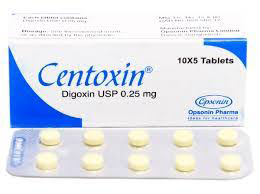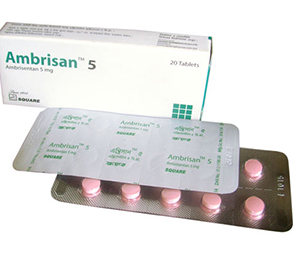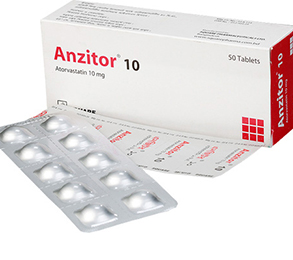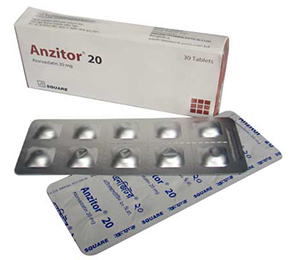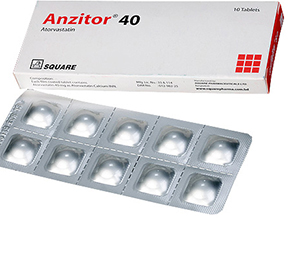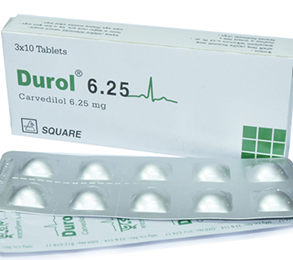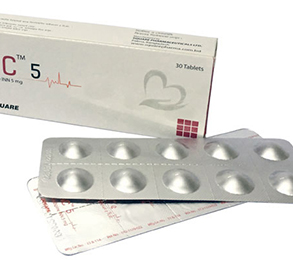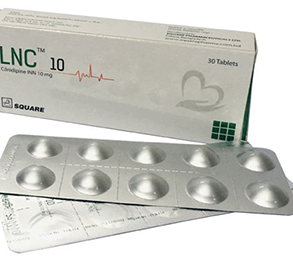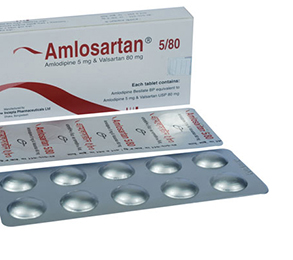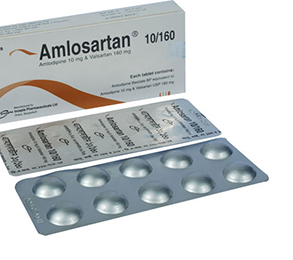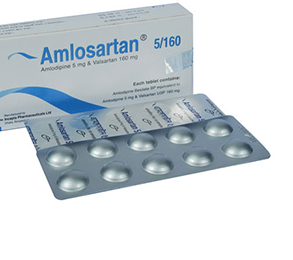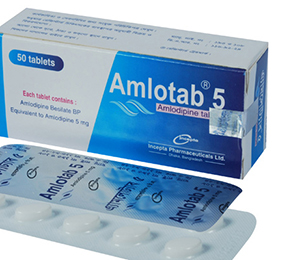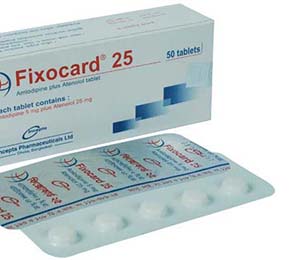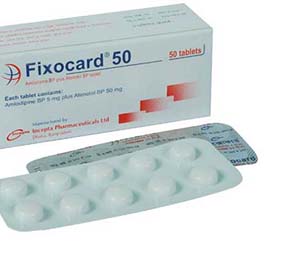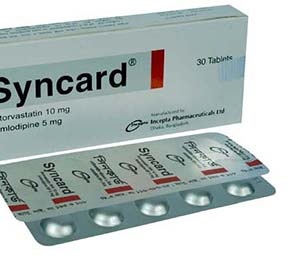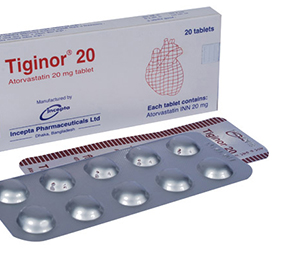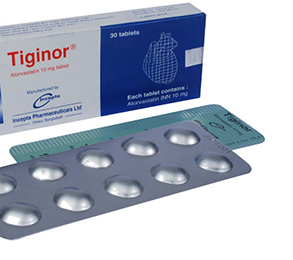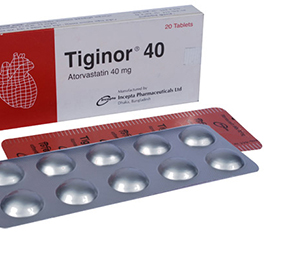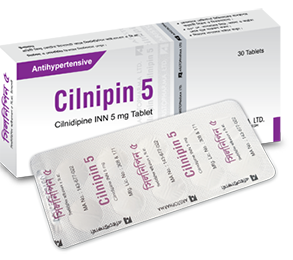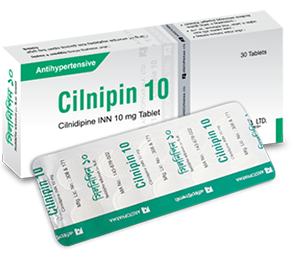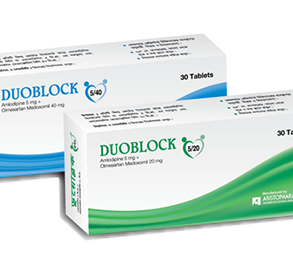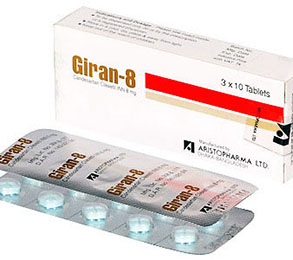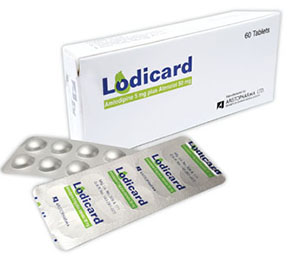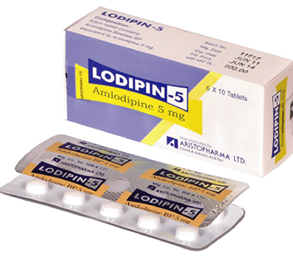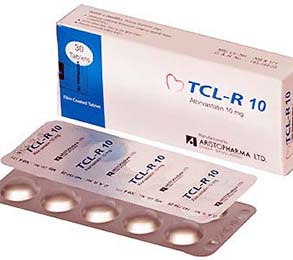Centoxin Tablet 0.25 mg 10 Pcs
Alternative products
Digoxin
Indications
Digoxin is indicated in:
- Heart failure.
- Atrial fibrillation with an uncontrolled ventricular rate.
- Acute left ventricular failure.
- Chronic left ventricular failure and conjestive heart failure,especially when caused by hypertensive valvular (especially mitral valvular) disease or ischaemic heart disease.
Therapeutic Class
Positive Inotropic drugs
Pharmacology
Digoxin is a cardiac glycoside used in the management of particularly atrial fibrillation and in heart failure.The principal actions of digoxin are an increase in the force of myocardial contraction (positive inotropic activity and a reduction in the conductivity of the heart particularly in conduction through the atrioventricular node. Digoxin also has a direct action on vascular smooth muscle and indirect effects mediated primarily by the autonomic nervous system and particularly by an increase in vagal activity.
Dosage & Administration
By oral administration:
- Rapid digitalization: 1-1.5 mg in divided doses over 24 hours
- Less urgent digitalization: 250-500 micrograms daily (higher dose may be divided)
- Maintenance: 62.5-500 micrograms daily (higher dose may be divided) according to renal function and in atrial fibrillation on heart rate response.
- Usual range: 125-250 micrograms daily (lower dose may be divided) according to renal function and in atrial fibrilation on heart rate response.
- Usual range: 125-250 micrograms daily (lower dose may be appropriate in the elderly).
* চিকিৎসকের পরামর্শ মোতাবেক ঔষধ সেবন করুন'
Interaction
Potassium-depleting diuretics increase the effects of digitalis. Calcium particularly if administered rapidly by the intravenous route, may produce serious arrhythmia in digitalized patients. Quinidine, verapamil, amiodarone, propafenone, indomethacin, itraconazole, alprazolam, spironolactone, erythromycin, clarithromycin (and possibly other macrolide antibiotics) and tetracycline increase digoxin serum level. Besides antacids, kaolinpectin, sulfasalazine, neomycin, penicillamine, calestipol, metoclopramide, rifampin may interfere with intestinal absorption of digoxin resulting low serum concentrations of the drug.
Contraindications
- Ventricular fibrillation.
- Hypersensitivity to digoxin or other digitalis preparation.
Side Effects
Usually associated with excessive dosage include anorexia, nausea, vomiting, diarrhoea, abdominal pain, visual disturbance, headache, fatigue, drowsiness, confusion, delirium, hallucination, depression, arrhythmia, heart block, intestinal ischaemia, gynaecomastia on long term use, thrombocytopenia reported. Digoxin can be safely used in pregnancy
Pregnancy & Lactation
Digoxin is excreted in breast milk but in concentration below those found in plasma and therefore poses no hazard to the breast-fed infant.
Use in Special Populations
Neonates: Digoxin can be used in neonates.
Children: Digoxin can be used in children.
The elderly: Partly because of reduced renal function and partly because their tissues are more sensitive to the effects of digitalis, the elderly require a lower maintenance dose of digoxin than younger adults.
Storage Conditions
Store in a cool and dry place.Keep out of the reach of children.
- Type Tablet
- Tag
- Morbi leo risus
- Porta ac consectetur ac
- Vestibulum at eros
